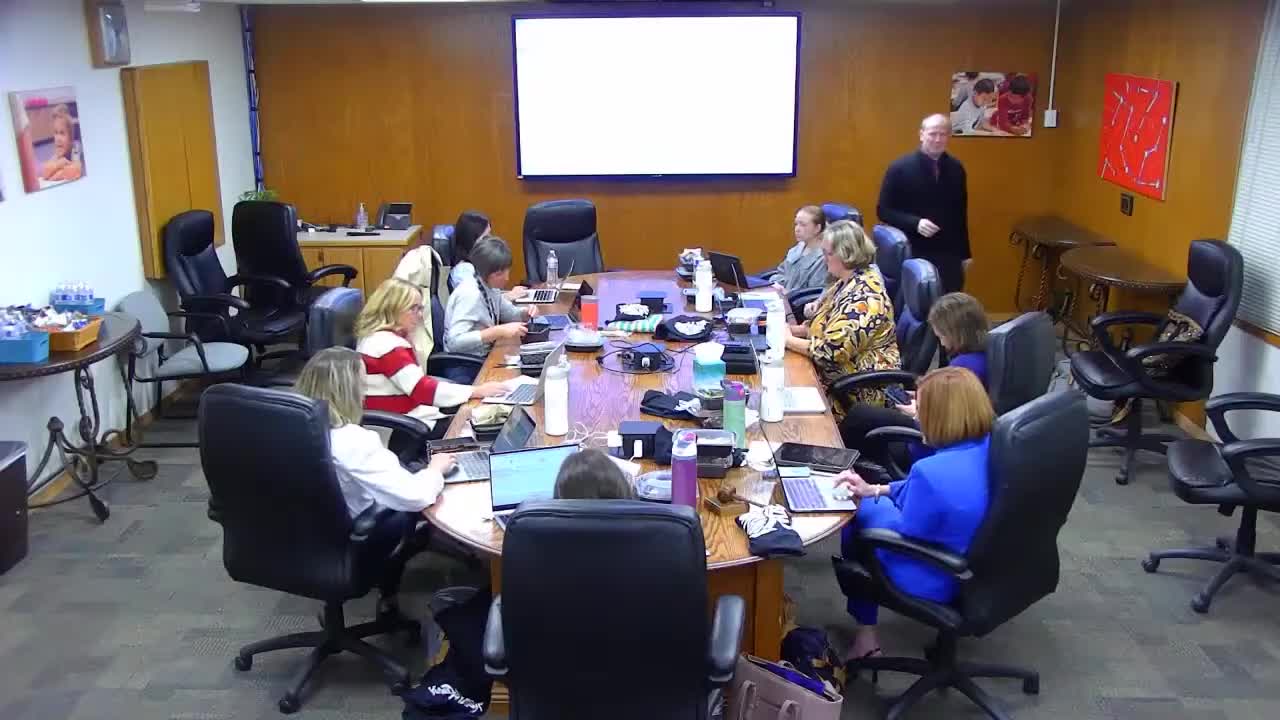District PBIS report shows fewer office referrals but small increases in some suspension categories
Get AI-powered insights, summaries, and transcripts
Subscribe
Summary
PBIS data presented to the board show about 660 fewer office referrals through October compared with last year after data consolidation, while out-of-school suspensions with services rose from 63 to 92 and in-school suspensions increased modestly.
The district’s PBIS (Positive Behavior Intervention Support) presentation highlighted changes in student discipline data compared with the prior year and described system changes intended to keep classroom-level incidents from escalating to principal-managed referrals.
Carrie Rollins told the board that, after including schools previously recorded on different platforms, the district recorded about 660 fewer office referrals through October compared with the prior year. She said one goal of reworking the educator's handbook and clarifying level-1 behaviors is to keep level-1 incidents inside the classroom rather than elevating them to principals.
Rollins noted timing and location patterns: lunchtime and transitions (arrival/drop-off) tend to generate higher referral counts, and mid-week (Wednesday–Thursday) historically shows more incidents. The data also show changes in suspension metrics: out-of-school suspensions overall matched last year’s count (111), but out-of-school suspensions with services rose from 63 to 92 and in-school suspensions rose from 115 to 124 as of the reporting date.
Rollins said the district has revised classification so that reclassified level-1 incidents are now handled in-classroom, which reduces principal workloads and improves consistency when replicated across site educator expectations.
Board members asked for clarity on trends by school, grade and demographics; Rollins said the dashboard allows disaggregation and that the work aims to ensure equity in discipline. She also recommended continued focus on consistent classroom expectations, training and family communications to reduce repeat referrals.
Next steps: Rollins will continue monthly reporting to the board, and staff will use the data to target supports, trainings and possible schedule changes on high-referral days and locations.
